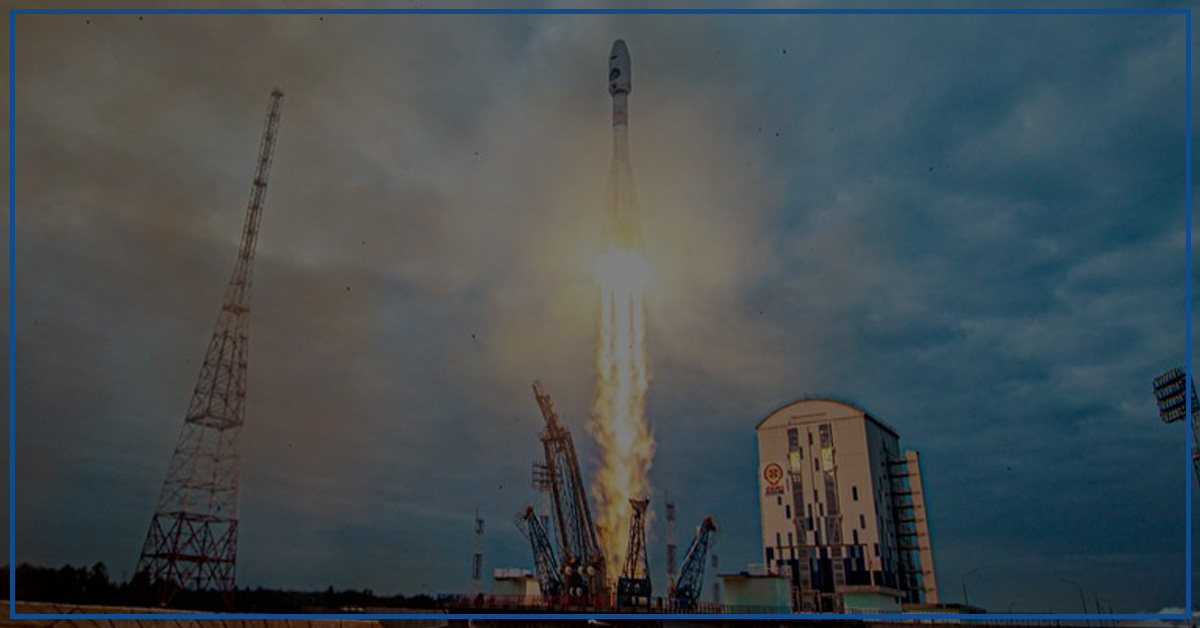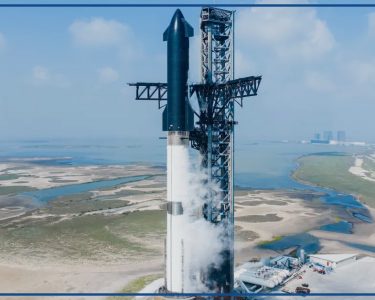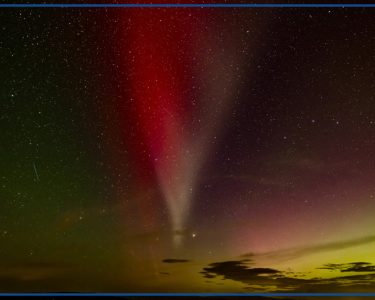Russia has re-entered the lunar mission arena after nearly five decades, setting the stage for a space rivalry with India, which is also poised to land a lunar craft this month.
On Friday, Russia launched the Luna-25 craft to the moon, marking its first lunar mission since 1976, when it was part of the Soviet Union. Remarkably, this mission was undertaken without the assistance of the European Space Agency.
Distinguished by its historical significance, this lunar landing will be unique as it targets the moon’s south pole. Unlike previous equatorial landings, this pioneering effort seeks to unlock the mysteries of this uncharted territory.
Scheduled to touch down on August 23, the Luna-25’s landing coincides with India’s craft, which was launched on July 14. Both spacecraft are destined for the challenging lunar south pole, a region untouched by successful landings so far, except by the Soviet Union, the United States, and China.
Roscosmos, Russia’s space agency, aims to demonstrate the nation’s lunar payload capability and ensure sustained access to the moon’s surface. This endeavor signifies Russia’s pursuit of global prominence in space exploration.

However, analysts emphasize the political undertones of this competition. The rivalry between superpowers like China and the USA, along with other aspiring space nations, shapes the broader context. While the moon’s exploration remains a scientific interest, its investigation also fuels a global power play.
Scientists are drawn to the moon’s south pole due to the belief that it holds water in its shadowed craters, potentially valuable for future space missions. The pristine lunar surface, untouched by Earth’s influences, serves as a unique laboratory for study.
The Luna-25’s mission involves collecting moon rock and dust samples, pivotal for understanding the lunar environment prior to establishing any form of lunar base. This insight prevents potential setbacks, as structures would otherwise be eroded by lunar conditions.
This mission is pivotal for Russia, showcasing its capabilities amidst historical challenges and Western sanctions that have impacted its space endeavors. By conducting significant missions like this one, Russia aims to affirm its prowess on the global space stage, demonstrating its self-sufficiency in space equipment and a capacity to compete internationally.
Russia’s past moon landing attempts, marked by failures in 2016 and 2011, underscore the complexity and risks of such missions. Nonetheless, this latest venture exemplifies Russia’s commitment to reclaiming its space exploration legacy.





